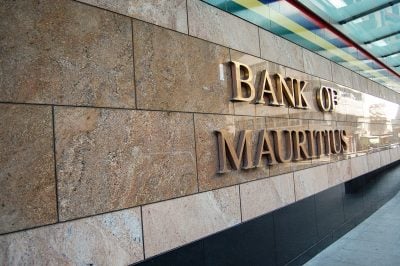The past 12 months have been a difficult time globally for fintechs and startups looking to raise funds from venture capital (VC) funds. In the first quarter of 2023, global funding reached $76bn – a 53% decline from the $162bn that was raised in the same period last year.
The slowdown in global fundraising can partly be explained by an environment of higher interest rates, which has made access to capital more difficult and more expensive. In the finance fintech space, investors have also become more cautious after high-profile collapses, such as that of Silicon Valley Bank (SVB) in the US.
Dr Segun Aina, president of the Africa Fintech Network, tells African Business at the Inclusive FinTech Forum in Kigali that “one of the most common challenges you hear when talking to African fintech companies is accessing corporate capital.”
Despite these challenges, however, he is encouraged that African startups have fared better than most – something that demonstrates the sector’s resilience on the continent. He tells African Business that “if you look at the scale of dry powder [unused cash reserves], it’s less in Africa than in other parts of the world.”
This indicates that investors have been more prepared to deploy capital in Africa than in other markets. While there have been declines according to some metrics, it is also the case that African startups raised more than $1.3bn in the first three months of the year – a sum that is broadly comparable to the same period in 2022.
Aina suspects that part of the reason for this is that other markets, such as in Europe and America, are “saturated”. In contrast, in Africa “there are still a lot of gaps – the continent remains in need of solutions that can quickly scale-up.”
Optimistic outlook
Aina suggests that the strength of African fintech comes from the fact the continent’s startups tend to be focused on “solving real problems” in comparison to some of the more speculative tech and fintech companies that exist in Western markets.
Strong use cases mean that such companies will tend to retain value even at times of global economic distress. One such example is Nairobi-based M-Kopa, which provides digital financial services to underbanked consumers in Kenya, Uganda, Nigeria, and Ghana. Last month, the fintech raised $55m in an equity funding round – as well as $200m in debt financing.
“Conditions for financial services firms in Africa are difficult,” Aina says. “That is what will be driving capital into Africa. Fintechs that provide answers to tricky questions will always be able to scale and make money for investors.
“I’m optimistic for the outlook for fintechs in Africa when it comes to raising capital.”
Related article
Want to continue reading? Subscribe today.
You've read all your free articles for this month! Subscribe now to enjoy full access to our content.
Digital Monthly
£8.00 / month
Receive full unlimited access to our articles, opinions, podcasts and more.
Digital Yearly
£70.00 / year
Our best value offer - save £26 and gain access to all of our digital content for an entire year!

 Sign in with Google
Sign in with Google 



